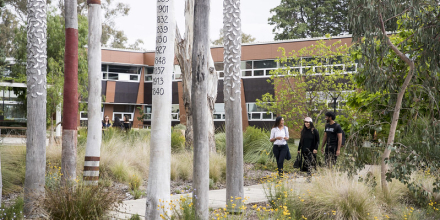Tax bunching of very high earners. Evidence from Australia's Division 293 tax

Event details
PhD Seminar
Date & time
Venue
Speaker
Contacts
Division 293 tax intends to make Australia’s compulsory retirement income system (superannuation) fairer by doubling the concessional contributions tax rate to 30 percent for very high earners (those within the top 2 percent). We use the ‘bunching approach’ to examine the degree that taxpayers avoid the tax by adjusting their earnings. Consistent with other studies, we find that taxpayers with business income are more able to bunch. Almost all of the bunching response is accounted for by the self-employed, including those who receive trust distributions. For this group, we report excess mass estimates of just over 11.29 with a corresponding elasticity of Division 293 income of 0.032. We otherwise find females are more than twice as likely to bunch than males.
Andrew Carter is the Director of Tax Policy Research at the Australian Taxation Office (ATO). Andrew’s team is responsible for delivering and administering access to the ATO Longitudinal Information Files (ALife). Andrew has also held tax and macroeconomic analysis roles at the World Bank and the Department of Treasury. Andrew is a PhD candidate at ANU’s Crawford School in Economics. His research is examining responses to Australia’s income tax and superannuation systems using administrative data.
Updated: 18 July 2024/Responsible Officer: Crawford Engagement/Page Contact: CAP Web Team











